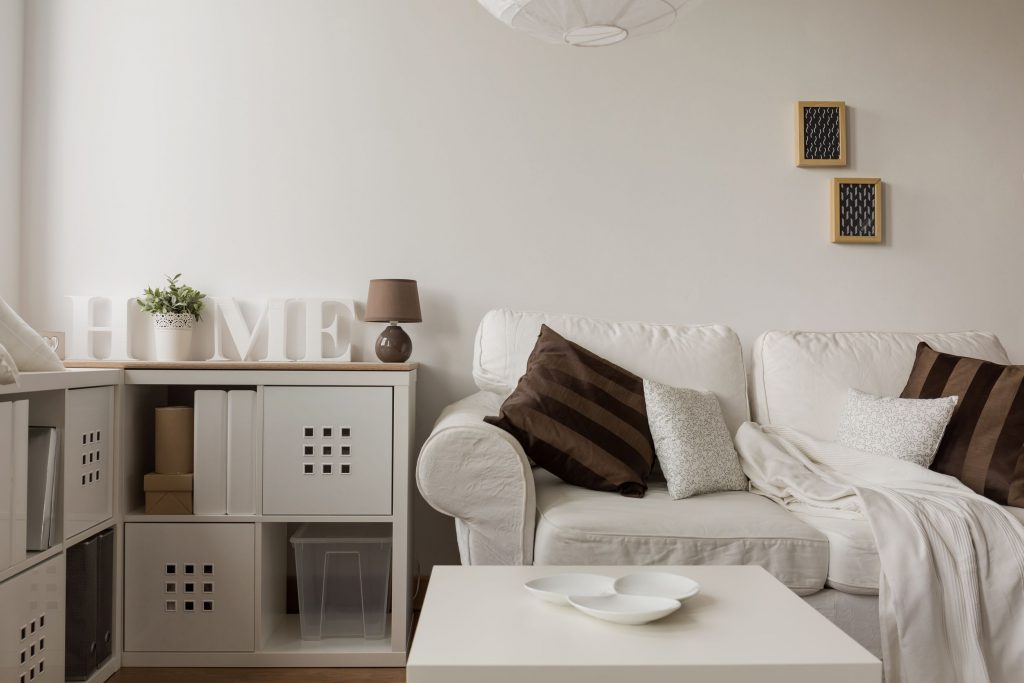Key tax considerations of Airbnb NZ
Becoming an Airbnb host sounds like the perfect way to fund some overseas travel for yourself and rent out your home while you are away.
The popularity of online booking platforms such as Airbnb, BookaBach and Holiday Homes has grown significantly over the past few years. They are seen as an easy way for property owners to market and rent their property to the end user. It seems like the perfect way to turn idle holiday homes or spare bedrooms into income earning assets. BookaBach currently has more than 12,200 holiday rentals and Airbnb has 15,000+ hosts. Airbnb hosts’ average annual income in 2016 was $3,800.
If you want to become an Airbnb host though, you’ll need to consider your income tax situation, GST and your ownership structure.
Income Tax
Mixed use apportionment
Airbnb rental income is specifically taxable under the Income Tax Act 2007. Deductions are allowed if incurred in deriving income or in carrying on business to derive income, and they are subject to limitations. For Airbnb rentals, the deductions are usually split between:
- Direct costs connected to the derivation of income, for example, commission fees, cleaning costs etc, and
- Mixed use costs (rates, interest, power, etc) are apportioned if your property has both a private and an income derivation.
The mixed use apportionment (MUA) rules apply if there’s private use of your property, income use of your property, and there’s a period of non-use of 62+ days in an income year.
The formula for determining MUA percentage is:
Expenditure x Income Earning Days
Income Earning Days + Counted Days
Let’s use Lewis and Tara as an example. They stay in their beach house all of January and another 19 days over the rest of the year. They rent their house to unrelated guests for $400/night for 100 days a year.
The MUA rules apply:
- 50 x private days
- 100 x income earning days
- 215 x non-use days
- Private use is 50/150 (33%), and
- 67% of mixed costs can be claimed.
Under general apportionment rules, availability would mean Lewis and Tara’s claim is based on 315/365 days = 86.3%. Their direct Airbnb costs are $2,750 (cleaning, marketing and supplies). The mixed costs are $34,000 (interest, power, internet, Sky and insurance) of which Lewis and Tara can claim 67% which is $22,780.
Their tax calculation is:
Income: $40,000
Deducting their direct costs ($2,750) and mixed costs ($22,780)
Profit is $14,400.
Apportionment of deductions
Deductions must be for actual expenditure incurred in gaining income, they must be fair and reasonable, and based on fact and not speculation.
The onus is on the taxpayer that the apportionment is appropriate.
In the case of property, the courts have accepted the floor area apportionment as a form of measurement and it must also consider the use of the area.
Where MUA rules don’t apply, then you must still make an apportionment between private and income-earning use. There is no single prescribed formula for apportionment.
In summary, income is assessable and deductions are direct costs that are deductible if related to that income; mixed costs are to be apportioned and deductible if related to income. It’s advisable to talk with your accountant on this.
GST
GST registration is only required where the gross rental income exceeds the threshold of $60,000+. Registering for GST will impact on the cash return and, if you sell your property, it will be subject to GST.
Ownership
Airbnb properties can be owned as joint tenants, tenants in common or in a partnership as defined in the Partnerships Act 1908. You will need to discuss income tax and GST implications with your accountant.
Other Airbnb considerations
Rates/Consents: Local councils may impose additional requirements for visitor accommodation for which you may need to register. There could also be additional rate charges or resource consent application requirements.
Insurance: Standard house and/or contents insurance does not cover Airbnb-type rental. Talk with your insurer so you have appropriate and sufficient insurance.
Lending: Lenders treat the provision of visitor accommodation differently to long term rental. Airbnb rental income may not be counted as revenue unless you can show sufficient activity for an extended period (so you’re operating more like a business). As well, generally banks will not lend to cover upcoming GST payments.
Opening up your home to Airbnb guests can be an amazing experience. But it will only be that way if you keep good accounting records, provide accurate information to the Inland Revenue and ensure you have sufficient funds on hand to pay your outgoings such as GST, rates, insurance and interest repayments on time.
This article is taken from issue 24 of PropertySpeaking, the quarterly e-newsletter of the NZ Law group of law firms of which HomeLegal is a member. To talk further about this topic, or for any of your conveyancing needs, please do not hesitate to call HomeLegal or contact us online.



